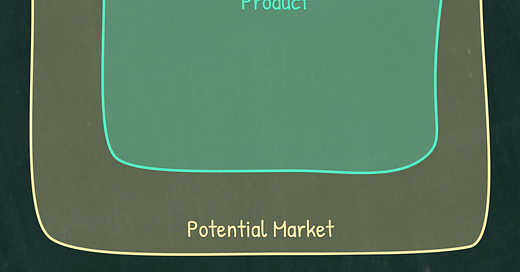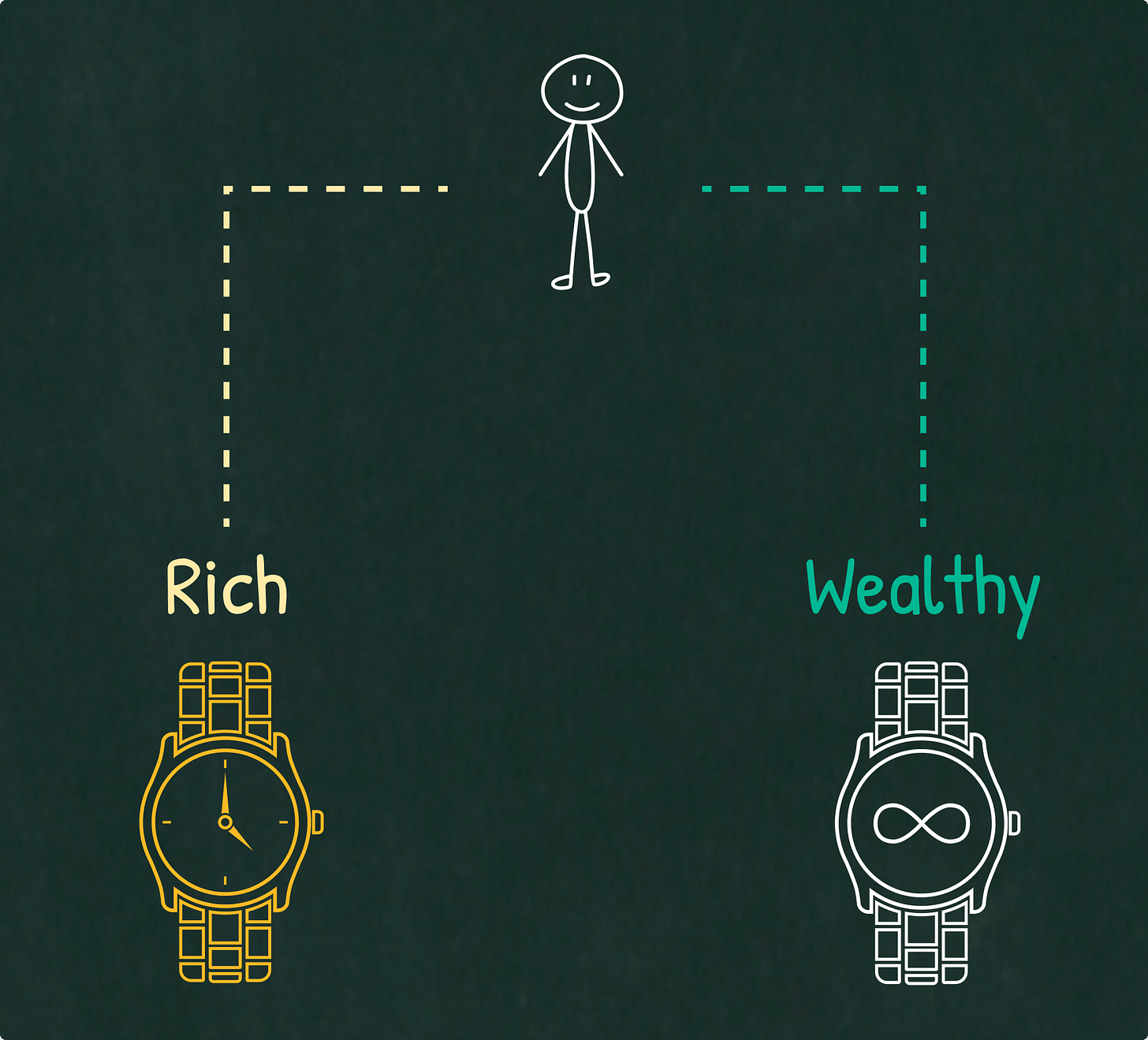Hey friend!
I’m finding sooo many gems on the book Make Something Wonderful (which is a collection of Steve Jobs’s speeches, interviews and emails).
And today’s nugget is a conversation between Steve and reporter David Sheff, dating back to 1985—just one year after the launch of the first Mac!
Beyond the interesting historical facts, there’s a timeless business lesson in it! (which I reflect on afterwards).
👤 Doer
💡Nugget
From the (free) Book → Make Something Wonderful
One of the things I love is that with Macintosh, you can write memos that are Times Roman or Helvetica, or you can throw in an Old English if you want to have a little fun for a party, you know, for a volleyball announcement. Or you can use a very serious font for something very serious. And you can express yourself.
It’s sort of like in 1844, the telegraph was invented, and it was an amazing breakthrough in communications. And you actually could send messages from New York to San Francisco in an afternoon. And some people talked about putting a telegraph on every desk in America to improve productivity.
But it wouldn’t have worked. It wouldn’t have worked. And the reason it wouldn’t have worked was because you would have had to learn this whole sequence of strange incantations—Morse code in this case, dots and dashes in this case—to use the telegraph. And it took about forty hours to learn how to use Morse code. And a majority of people would never have learned how to use Morse code.
So fortunately, in the 1870s, Alexander Graham Bell filed the patents for the telephone—another radical breakthrough in communications that performed basically the same function, but people already knew how to use it. The neatest thing about it was that, in addition to allowing you to communicate with just words, it allowed you to sing. It allowed you to intone your words with meaning beyond the simple linguistics.
We’re in the same exact parallel situation today. Some people are saying we need to put an IBM PC on every desk in America to improve productivity. But it won’t work. The special incantations you have to learn this time are slash-qz’s and things like that. Most people are not going to learn slash-qz’s any more than they’re going to learn Morse code.
And that’s what Macintosh is all about. It’s the first “telephone” of our industry. But the neatest thing about it to me is, the same as the telephone to the telegraph, Macintosh lets you sing. It lets you use special fonts. It lets you make drawings and pictures or incorporate other people’s drawings or pictures into your documents.
There is a really valuable lesson here: if you can take something that is fundamentally useful but it’s inconvenient, and you can make it super convenient, you can unlock a big market that didn't exist before! (That is, people for whom the pain of the inconvenience was bigger than the gain of the utility, but now without that pain point they all become customers).
Short takeaway I noted to myself: Unless the inconvenience itself is part of the intrinsic experience (e.g./ Ikea furniture), always try to make your product as convenient as you can. At best it can unlock a new market, at worst it won't change anything — So it's an asymmetric risk/reward dynamic... As Mohnish Pabrai says: "Tails I win, Heads I don't lose much".📁 All the ideas in this article are saved and classified in a searchable Database, which (as of July 2024) contains nearly 2,000 timeless ideas (sourced directly from the most influential doers and entrepreneurs — captured on books, interviews/podcasts and articles).
I call this Database the Doers Notebook, and I’ve recently opened it for anyone who wants it.
🤔 Why did I build this?
Well, as the Latin motto goes, “A chief part of learning is simply knowing where you can find a thing.” And since it’s all 🔎 searchable, we only need to type a keyword to immediately get a list of insights related to it!
For instance, if I’m unsure about how to get more sales in my business, I can simply type the word “sales” and immediately get 88 search results! In this case from Jim Edwards, Peter Thiel, Naval Ravikant, Paul Graham, Sam Altman, Balaji Srinivasan, Nassim Taleb, and many other remarkable individuals.
It’s like having a 🧠 second brain from which we can pull wisdom on demand.
And this is super valuable because it can significantly decrease the error rate in our judgment.
“In an age of infinite leverage [code and media], judgment is the most important skill.”
- Naval Ravikant
I actually made a video where I went through the list of insights I got for the keywords “sales” and “creative”.
So, if you wanna get better at sales and learn to be more creative (and also see all the features of the database and how you can get access) then definitely check out the video 👇
💥 Stuff I Loved
✍️ Essay
I recently co-authored (with Brian David Crane) an essay in which we explored the differences between being rich and being wealthy.
It has some bits of wisdom from Scott Galloway, Naval Ravikant, Mohnish Pabrai, Balaji Srinivasan, and many others!
If you are curious, you can read the full piece here - https://spreadgreatideas.org/contrasts/rich-vs-wealthy
I hope you enjoyed today’s edition!
Happy Friday ;)
Julio xx
P.S. If you liked this article, you'll definitely enjoy my free 80-page ebook. It’s packed with 23 big ideas (from top influential doers and entrepreneurs) to become better, richer and wiser. Download your copy here!














Great nugget here! I’m such a fan of Scott Galloway, I had to read the other piece you co-authored.
-
Taleb once wrote “I don’t run for train” 🚊
True wealth of being in control of one’s time.